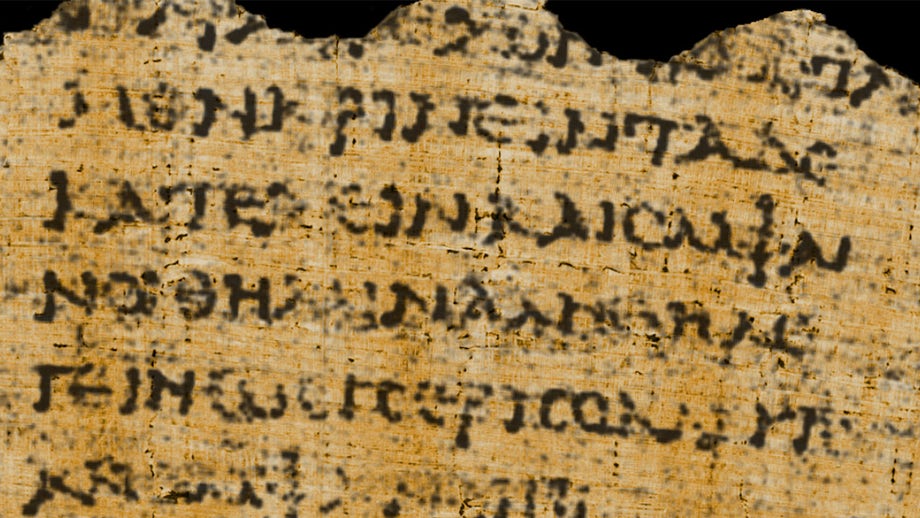VESUVIUS SECRET Unearthed: AI Reveals Ancient Texts Hidden for Millennia

— A group of scientists has managed to decode ancient texts, hidden and scorched by the notorious Mount Vesuvius eruption in 79 A.D., with the help of artificial intelligence (AI). These texts, nearly two millennia old, were unearthed from a villa in Herculaneum, a Roman town close to Pompeii. The villa is thought to have been owned by Julius Caesar’s father-in-law.
For hundreds of years, these texts remained undecipherable due to the damage inflicted by volcanic debris. They were accidentally discovered by an Italian farmer in the mid-18th century. However, due to their fragile state and previous failed attempts at unrolling them, only about 5% of the scrolls could initially be decoded.
The scrolls are filled with philosophical musings written in Greek. A significant breakthrough happened last year when Dr. Brent Seales and his team from the University of Kentucky used high-resolution CT scans to digitally unroll these ancient writings. Despite this progress, distinguishing black carbon ink on burnt papyrus remained a hurdle until AI came into play.
Even today hundreds of these priceless scrolls remain untouched and indecipherable. With AI paving the way for new discoveries, we may soon unlock more secrets hidden within this ancient Roman treasure chest.
